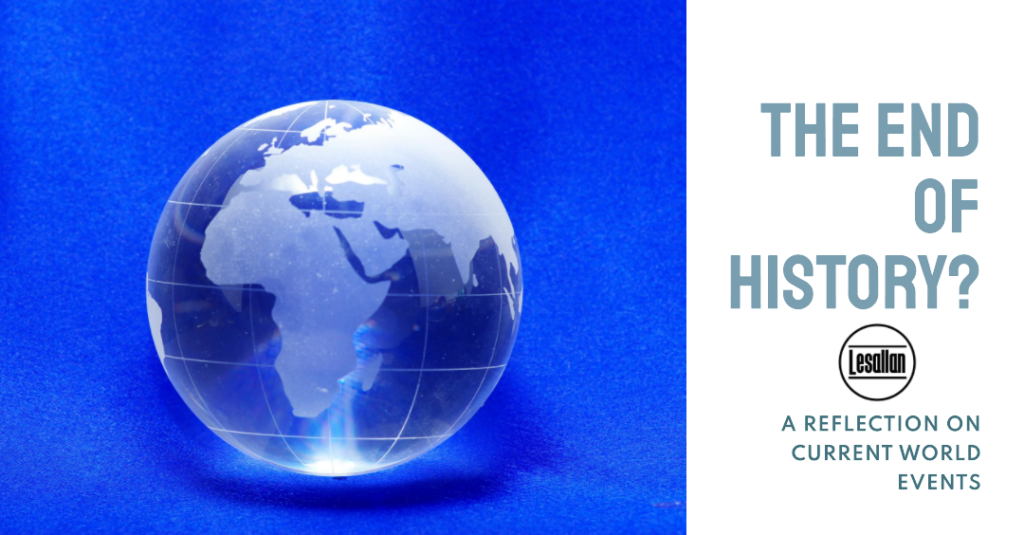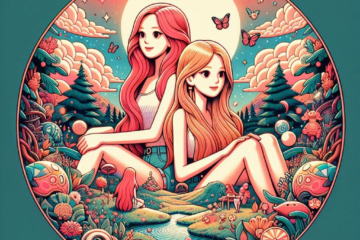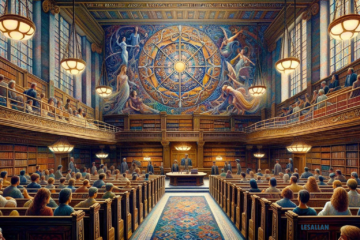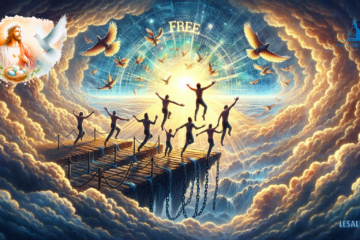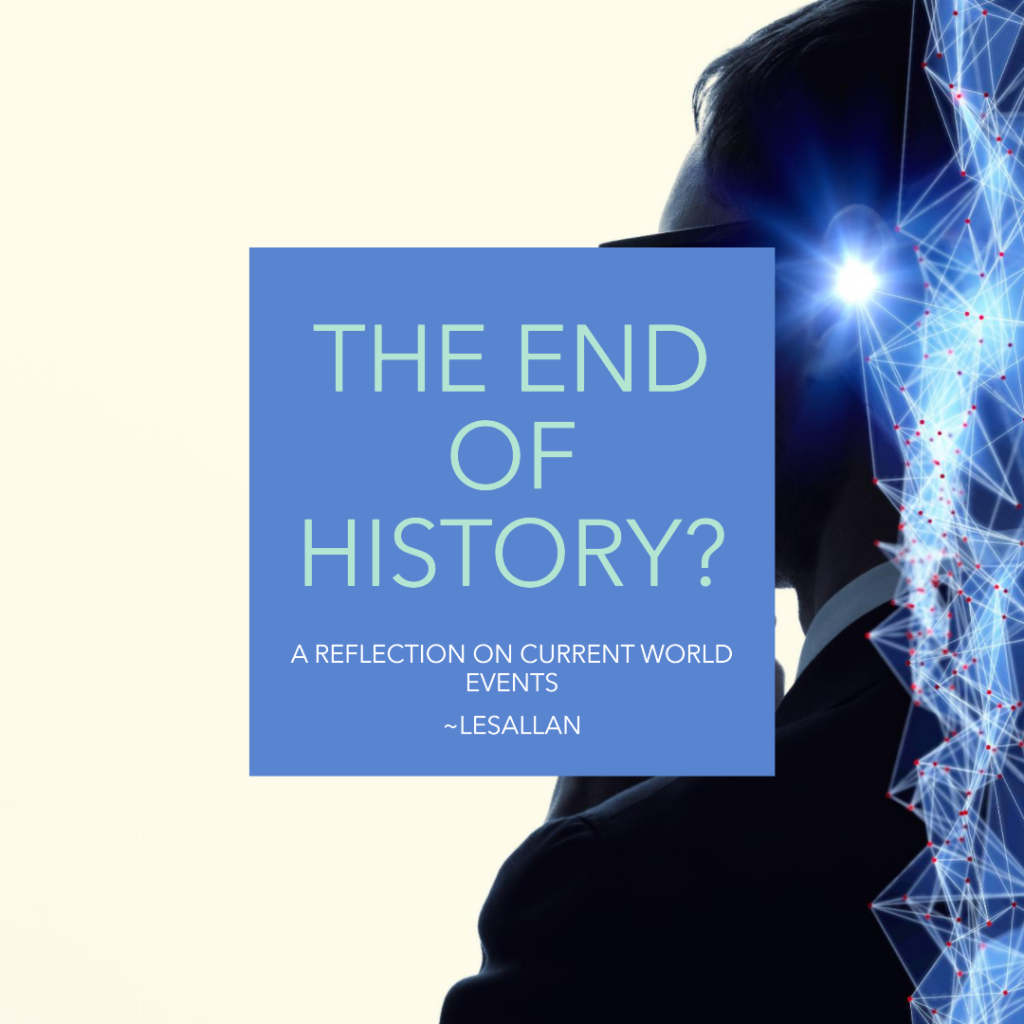
The world is changing rapidly and unpredictably. The fighting and unrest in Israel are foremost on many of our minds. The COVID-19 pandemic, the climate crisis, the rise of authoritarianism, the decline of democracy, the threat of nuclear war, the emergence of new technologies, the fragmentation of identities, the polarization of opinions, the erosion of trust, the spread of misinformation, the surge of violence, the collapse of institutions, the loss of values, the quest for meaning are on our minds. These are some challenges and opportunities humanity faces in the 21st century. How can we make sense of them? How can we cope with them? How can we shape them?
Some people believe that we are living in the end times, that history is reaching its climax, and that a final revelation is imminent. They see the signs of the apocalypse in every event and interpret them according to their religious or ideological beliefs. They expect a cataclysmic confrontation between good and evil, a divine judgment, and a new world order. They are ready to fight for their cause and to die for their faith. They are convinced they know the truth and have a mission to fulfill.
Others believe that we live in a post-historical era, that history has ended, and that nothing new can happen. They see the triumph of liberal democracy and capitalism as the ultimate and universal form of human civilization. They expect perpetual peace and prosperity based on free markets and human rights. They are content to enjoy their lives and pursue their interests. They are skeptical of any grand narrative or alternative vision. They think that they have nothing to learn and nothing to change.
Both perspectives are flawed and dangerous. They are based on false assumptions, selective evidence, narrow perspectives, rigid frameworks, dogmatic convictions, simplistic solutions, wishful thinking, fatalistic attitudes, or complacent behaviors. They prevent us from understanding the complexity and diversity of reality, engaging with the uncertainty and ambiguity of the future, acknowledging the limitations and contradictions of our knowledge, questioning the validity and relevance of our beliefs, and exploring the possibilities and potentials of our creativity, from collaborating with others who are different from us, from taking responsibility for our actions and their consequences.
We need a third perspective that transcends the dichotomy between endism and postism, recognizing that history is not linear but cyclical, not predetermined but contingent, not static but dynamic, not closed but open. We need a perspective that sees history as an ongoing process of creation and destruction, continuity and change, order and chaos, coherence and diversity, stability and transformation. We need a perspective that sees history as a human endeavor, shaped by our choices and actions, influenced by our values and visions, challenged by our problems and opportunities, and enriched by our achievements and failures.
We need a perspective that sees history as a learning process, where we constantly discover new facts and insights, develop new skills and abilities, create new products and services, and constantly invent new concepts and theories. We need a perspective that sees history as a dialogue process, where we constantly communicate with others who share our world, exchange ideas and opinions, negotiate interests and conflicts, and cooperate on projects and goals.
We need a perspective that sees history as an evolutionary process, where we constantly adapt to changing environments, experiment with different strategies, generate variations and innovations, and select what works best.
This perspective does not claim the final answer or the ultimate solution. It does not promise a perfect outcome or a happy ending. It does not ignore the risks or the challenges.
It does not deny the difficulties or the uncertainties. However, it does offer a hopeful outlook and a positive attitude. It does encourage curiosity and creativity. It does foster learning and dialogue.
It does promote adaptation and evolution. This perspective is not easy to adopt or maintain.
It requires courage and humility. It demands openness and flexibility. It involves risk and uncertainty. Nevertheless, it is worth trying. It is rewarding and fulfilling. It is meaningful and purposeful. It is fun and exciting. This perspective is not fixed or final. It is dynamic and evolving. It is responsive and adaptive. It is generative and creative. This perspective is not mine or yours. It is ours. It is shared. It is co-created. This perspective is not an end or a beginning. It is a continuation. It is a journey. It is an adventure. Looking at current world events, could this be the end of history? No.
Looking at current world events, could this possibly be the revealed truth? No. Looking at current world events, could this be an opportunity to learn, dialogue, evolve, and create? Yes.
Let us do it together.
~Lesallan – October 25, 2023
